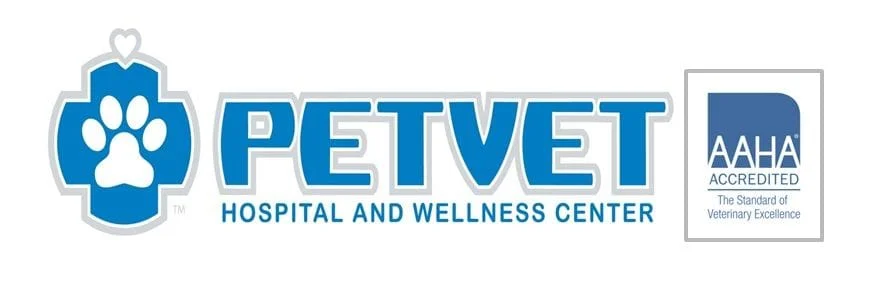Why spay or neuter?
Every year, millions of unwanted dogs and cats, including puppies and kittens, are euthanized. The good news is that responsible pet owners can make a difference. By having your dog or cat sterilized, you will do your part to prevent the birth of unwanted puppies and kittens. Spaying and neutering prevents unwanted litters, helps protect against some serious health problems, and may reduce many of the behavioral problems associated with the mating instinct.
Removing a female dog or cat’s uterus and ovaries eliminates heat cycles and generally reduces the unwanted behaviors that may lead to owner frustration. Removing the testes from male dogs and cats reduces the breeding instinct, making them less inclined to roam and more content to stay at home.
Early spaying of female dogs and cats can help protect them from some serious health problems later in life such as uterine infections and breast cancer. Neutering your male pet can also lessen its risk of developing benign prostatic hyperplasia (enlarged prostate gland) and testicular cancer.
The procedure has no effect on a pet’s intelligence or ability to learn, play, work or hunt. Some pets tend to be better behaved following surgical removal of their ovaries or testes, making them more desirable companions.
When should I spay or neuter my pet?
By having a discussion with Dr. Clark and our staff, we can decide the most appropriate time to spay or neuter your pet based upon his/her breed, age and physical condition. Keep in mind that, contrary to popular belief, it may NOT be best to wait until your female dog or cat has gone through her first heat cycle.
What are the risks of spaying and neutering?
Although reproductive hormones cause mating behaviors that may be undesirable for many pet owners, these hormones also affect your pet’s overall health and can be beneficial. Removing your pet’s ovaries or testes removes these hormones and can result in increased risk of health problems such as urinary incontinence and some types of cancer. Talk to your veterinarian about the benefits and risks of the sterilization procedure so you can make an informed decision.
While both spaying and neutering are major surgical procedures, they are also the most common surgeries performed by veterinarians on cats and dogs. Like any surgical procedure, sterilization is associated with some anesthetic and surgical risk, but the overall incidence of complications is very low.
Before the procedure, your pet is given a thorough physical examination to ensure that he/she is in good health. General anesthesia is administered to perform the surgery and medications are given to minimize pain. You will be asked to keep your pet calm and quiet for a few days after surgery as the incision begins to heal.
|
Spay/Neuter Clinic vs. The Hospital Experience |
||
|
While we applaud and support our local spay and neuter clinics, their praise-worthy goal is to sterilize as many pets as possible. In order to do this in a cost-effective way, there are several safety and pain management steps these clinics omit. Dr. Clark's practice is designed around caring for the specific needs of an individual pet. This shift in focus allows us to invest in specialized and state of the art equipment to make spay and neuter surgeries safer with better pain management for your furry friend. It is a different level of care. |
-At Pet Vet, Dr. Clark insists on wearing a cap, sterilized gloves, a mask, and sterilized gown for each procedure. Each surgery pack is used for one pet, and is sterilized in the autoclave. -Our staff consists of licensed technicians and assistants holding bachelors degrees. -Your pet is being monitored the whole time they are under anesthesia - checking heart rate, oxygen levels, respiration rate, and body temperature. |
-Your pet will have an IV catheter placed and receives IV fluids for the same reasons your human doctor requires one. -Your pet receives pain medication before surgery and after surgery to make the whole procedure comfortable. -We offer preanesthetic bloodwork for every surgery to determine any health risks before surgery time. -We follow safety guidelines outlined by the AVMA (American Veterinary Medical Association). |







